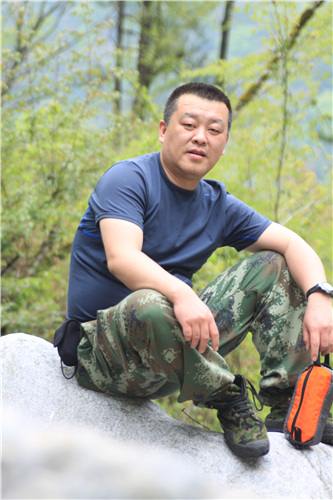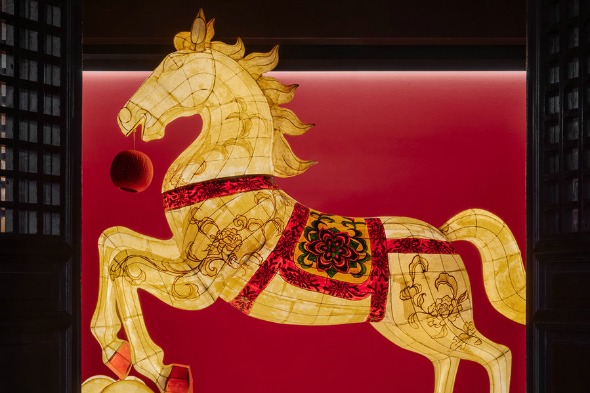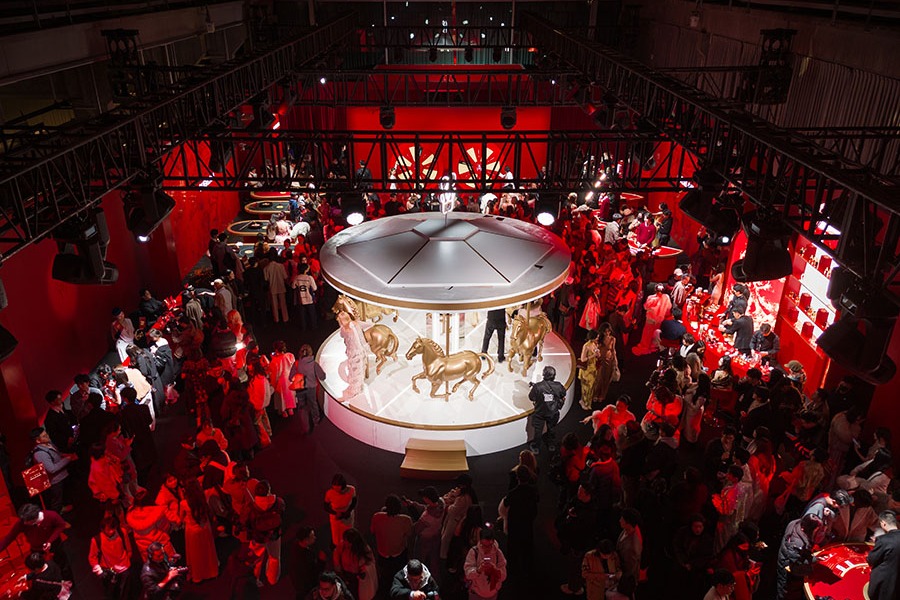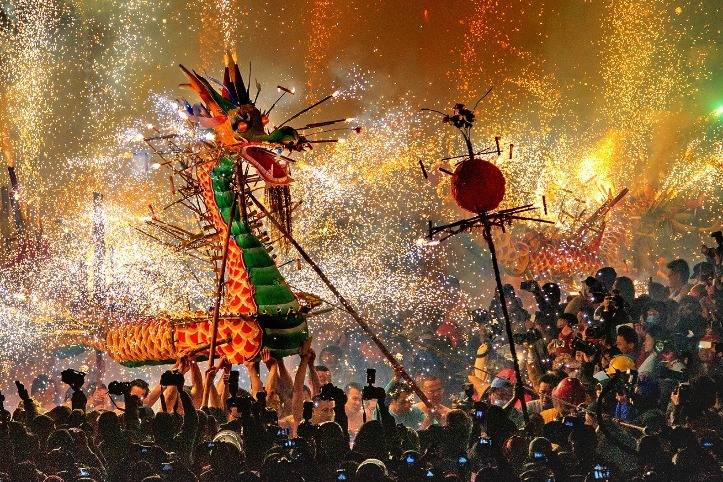Pandering to a wild style of life


"A few years ago, we could not even catch a glimpse of animals in the wild, but during a survey in 2019, my colleagues saw four pandas within just two days, and during another task in March, we saw another two," notes He.
The veteran ranger says he believes the increased frequency with which the cameras capture the animals proves that the environment is getting better in the reserve.
"For example, due to hunting, forest musk deer were endangered and rarely seen, but in recent years, their number has obviously increased, since we have caught many images of them on camera."
Like the aforementioned folks who delivered the baby bears to him, he recognizes that people's desire to protect animals and their awareness of the need to do so have improved, especially since China implemented the second phase of its natural forest protection program in 2011. Additionally, more people who live within the confines of the reserve are engaged with forest protection.
"Protection tasks for the forests in our reserve have been assigned to specific households, and people can earn some money for their work. Because of this, we gain more effort for the protection cause," he says.
Technological advances have helped in He's work, too. Since the end of last year, cameras set in the wild have been equipped with a panda recognition system, which can automatically identify giant pandas that appear within the cameras' detection zones, while at the same time inform people in the administration office and begin recording. However, He concedes that the system still needs a little more tweaking to identify animals more accurately.
"The system can identify pandas with an accuracy of 98 percent, but it has difficulty in identifying many other animals since they don't remain still and look at the cameras as people would.
"Next, we want to establish a database which contains all of the images captured by our cameras, so that the system can make comparisons, analyze and better recognize the animals. We hope that such a database can provide greater support in our protection work," he adds.
Although the job is tough and challenging, He doesn't regard it as work, describing it as both "painful and joyful".
"I always feel overjoyed when I get close to the animals in the wild. I get to see many views and animals that other people do not."




































